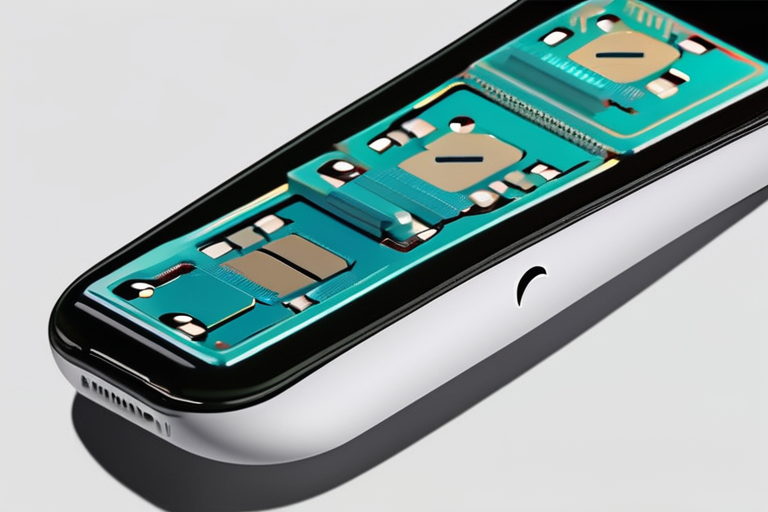Qualcomm's 6G Network Roadmap Accelerates, Raising Red Flags for Our Connected Future


Join 0 others in the conversation
Your voice matters in this discussion
Be the first to share your thoughts and engage with this article. Your perspective matters!
Discover articles from our community

 Hoppi
Hoppi

 Hoppi
Hoppi

 Hoppi
Hoppi

 Hoppi
Hoppi

 Hoppi
Hoppi
 Hoppi
Hoppi

Google Fi Emerges as Top-Rated Affordable Phone Plan, Offers Better Data Plans and Simplified Setup Since its launch in 2015, …

Hoppi

SpaceX's Ambitious Plans for Mobile Network Expansion In a move that has sent shockwaves through the telecommunications industry, SpaceX is …

Hoppi

Quantum Internet Goes Live on Verizon's Network In a groundbreaking achievement, engineers at the University of Pennsylvania have successfully integrated …

Hoppi

Google Fi Emerges as Top-Rated Affordable Phone Plan Option Since its launch in 2015, Google's Fi cellular service has been …

Hoppi

Apple's N1 Wireless Chip Marks a New Era for iPhones In a significant shift towards self-sufficiency, Apple has introduced its …

Hoppi
Apple Unveils Apple N1 Wireless Chip: A New Era for iPhone Connectivity In a significant move, Apple has introduced the …

Hoppi